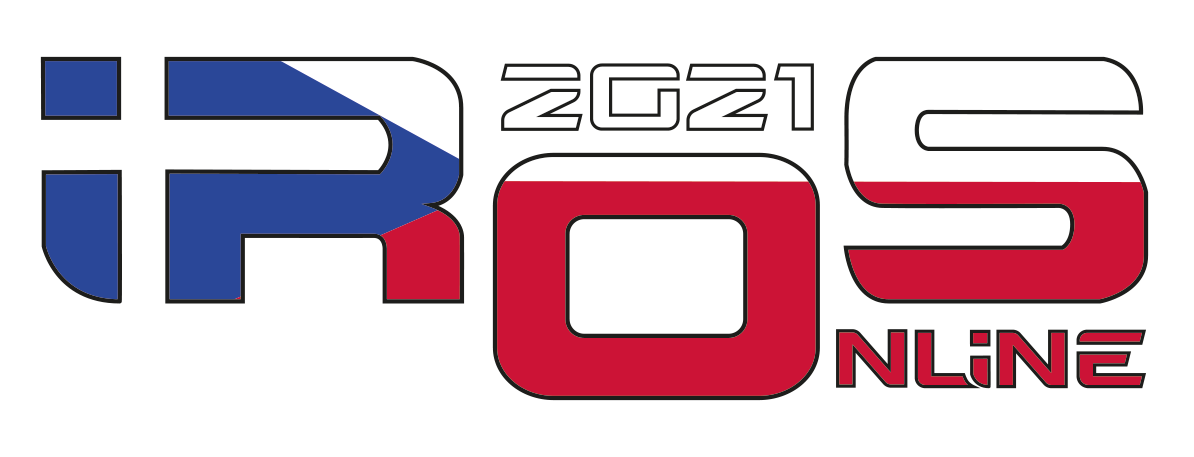Welcome
News
- Aug. 25th, 2021 Program published
- June 18th, 2021 Call for extended abstracts published
- May 18th, 2021 Website opened
Important dates
- July 31st, 2021 Extended abstract submission
- Aug. 18th, 2021 Acceptance notification
- Aug. 24th, 2021 Camera ready
- Oct. 1st, 2021 Workshop date
Objective
The workshop aims to bring together Robotics researchers as well as interdisciplinary researchers in the fields of Computer Vision, Virtual and Augmented Reality, and also Archaeology, History of Arts, Architecture, etc. World cultural heritage includes as well Music, Language, Dance, and Custom that are fast becoming extinct as the world moves toward a global village. Robotics, through acquisition and modeling, autonomous learning, humanoid robotics and human robot interaction can help these heritages to face the danger of time, theft, and destruction by fire and war.
One of the best ways to preserve and make accessible world cultural heritage is to obtain high fidelity digital data. Specially designed robots may allow the exploration of sites that are difficult to access. Then, to get digital data of these sites, sensing, mapping and comprehensive exploration are key issues, as usual for many other contexts, but in very tough conditions, possibly unique for each site. Such conditions imply versatile locomotion and manipulation skills of robots to achieve exploration, mapping and assistance of archaeologists or field historians. The same needs arise when it comes to capture and reproduce human gestures or choreographies forming intangible heritages.
Once these digital data are acquired, they can record the heritage permanently safely passed down to future generations, used for simulation and restoration of the tangible heritage, or simply viewed through the internet from anywhere in the world, without moving the objects nor touring the sites.
So, this workshop will be a forum for its participants to show and discuss the progress they made on some of the various abovementioned topics. The panel of famous invited speakers will offer a nice possibility of interaction about the growing interplay of robotics and e-heritage to other participants, including the youngest researchers. The latter will have the opportunity to introduce their work and get feedback and advices from the seniors.
By thinking this workshop at the interface of academic, industrial and public agency worlds as well as thanks to targeting multidisciplinary topics, there is no doubt new collaborations and new projects will arise.
Scope
In this workshop, we strongly encourage interdisciplinary extended abstracts and would like to keep a wide scope. However, due to the potentially very large scope and in order to align the workshop with IROS audience we will require that all extended abstracts:
- Be related (either as primary or secondary focus) to one of IROS topics as listed in IROS call for papers.
- Papers actually involving e-Heritage (versus "can be applied to e-Heritage") will be given highest priority.
This workshop is associated with the Special Issue "Computer Vision and Robotics for Cultural Heritage: Theory and Applications" of the Journal of Imaging (http://mdpi.com/si/71039). A selection of five accepted extended abstracts to this workshop will be offered submission slots toward publication in the Special Issue (decision taken upon reviewing) with waived fees.
The workshop is supported by IAPR TC-19 (https://iapr.org/tc19).
The workshop is endorsed by the IEEE RAS TC on Aerial Robotics (https://ieee-aerialrobotics-uavs.org), the IEEE RAS TC on Computer & Robot Vision (https://www.ieee-ras.org/computer-robot-vision) and the IEEE RAS TC on Humanoid Robotics (https://www.ieee-ras.org/humanoid-robotics).

|
2021 IEEE/RSJ International Conference on Intelligent Robots and Systems |